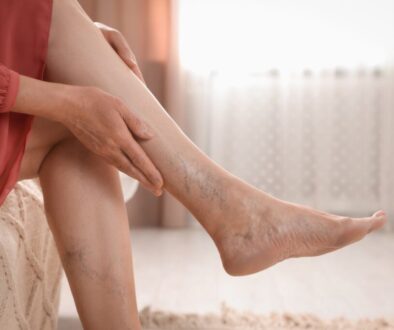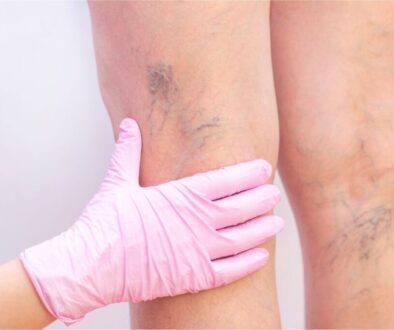10 Common Homemade Skin Care Mistakes You Need to Avoid
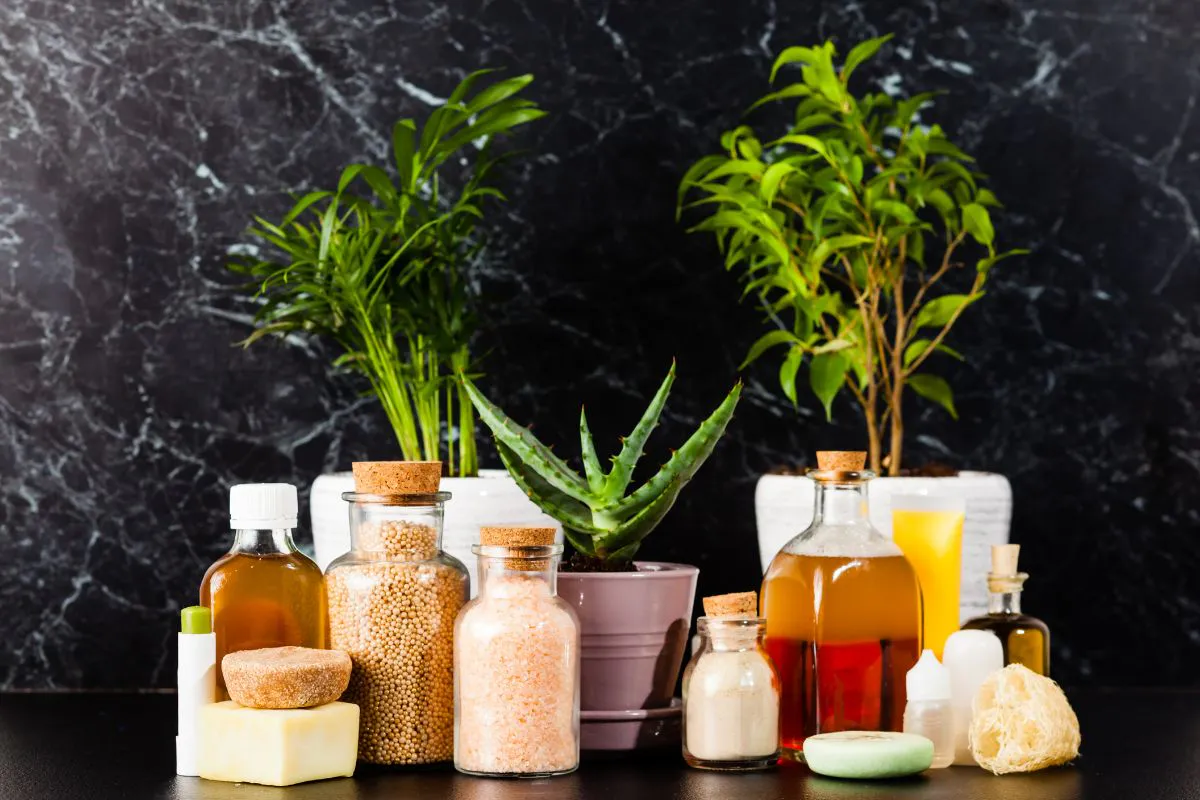
Published July 21, 2025
Ever whipped up a face mask with kitchen ingredients, hoping for glowing skin, only to end up with irritation, breakouts, or zero results? You’re not alone. While homemade skin care feels natural, affordable, and empowering, it’s surprisingly easy to get wrong.
From popular DIY trends that do more harm than good to misused ingredients in your favorite homemade skin care recipes, mistakes are common and costly. This guide explores 10 common homemade skin care mistakes you may be making without even realizing it.
Want better results from your easy homemade skin care recipes? Start by avoiding these skin-sabotaging slip-ups. Let’s get it right.
1. Using Harsh or Toxic Ingredients
When it comes to homemade skin care, natural doesn’t always mean safe. Lemon juice, baking soda, and undiluted essential oils these common DIY ingredients that can throw off your skin’s pH balance, cause burns, or trigger allergies.
Many recipes may sound nourishing, but they often include ingredients that dermatologists would never recommend. It’s a dangerous myth that if you can eat it, you can put it on your face. Skin is delicate and requires gentle, balanced care.
Want to go natural? Stick to ingredients that are known to be skin-safe, like oats, honey, or aloe vera. Patch test everything before full use.
2. Skipping Patch Tests
Excited to try your new natural skin care homemade mask? Hold up. Not patch testing is one of the biggest missteps in DIY beauty. Just because an ingredient worked for your friend doesn’t mean it will for you.
Even “gentle” ingredients like coconut oil or turmeric can cause breakouts or irritation in sensitive skin. Before applying the new creation, test a small amount on the inside of your wrist or behind your ear. Wait 24 hours. Redness, itching, or bumps? That recipe’s a no-go.
Your skin deserves the same caution you’d use with store-bought products.
3. Using the Wrong Ingredients for Your Skin Type
Skin types are not all made equal. Your skin should be taken care of regarding the kind of skin you have: dry, oily, sensitive and acne-prone. The misuse of homemade skin care formulas can go wrong in a matter of time.
As an example, acne-prone skin will be subjected to the blocking of rich oils such as olive oil, and a clay mask will dry out parched skin excessively. Seek to identify your skin type and match it with suitable ingredients accordingly. Oily skin? Choose honey, clay or witch hazel.
Dry skin? Select such ingredients as avocado, yogurt, or aloe. It is not only considered smart but also safer to have a personalized approach. It is prudent to think about skin care.
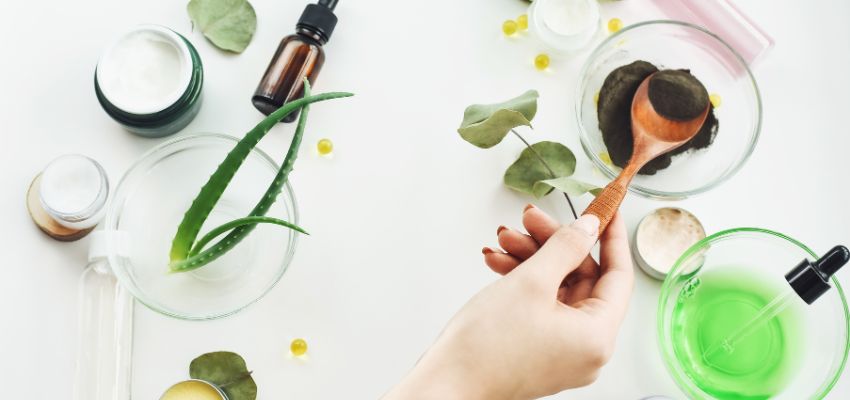
4. Not Measuring Ingredients Properly
DIY skin care isn’t an “eyeball it” situation. Mixing too much lemon juice or not enough carrier oil can lead to serious skin reactions. Precision matters. Unlike baking, where a little improvisation can add charm, your skin doesn’t forgive mistakes so easily.
A teaspoon too much baking soda can mean days of redness. Always use measuring spoons and follow easy homemade skin care recipes exactly. If a recipe doesn’t list amounts, consider that a red flag.
Exact proportions protect your skin from overly potent or ineffective treatments. Remember, your skin is not a chemistry experiment.
5. Over-Exfoliating with DIY Scrubs
Sugar, salt, and coffee scrubs are wildly popular in face mask skin care and homemade routines. They feel satisfying and promise smooth skin, but overuse can be damaging to the skin. Your skin isn’t a tile floor; it doesn’t need to be scrubbed raw to glow.
Physical exfoliants, especially when used frequently, can cause microtears, increase sensitivity, and even worsen breakouts. If you must exfoliate, do it no more than twice a week and use gentle textures.
Better yet, consider enzyme exfoliants, such as those made from papaya or pineapple, for a safer, more skin-friendly polish.
6. Ignoring Hygiene and Contamination Risks
Spoiler: Bacteria love your DIY. Mixing natural ingredients and leaving them in the bathroom without preservatives? That’s a microbial playground. Homemade products made with water or fresh produce can spoil quickly, leading to infections or breakouts.
Using your fingers to scoop out your product? Even worse. Always store your DIYs in clean, airtight containers, and refrigerate anything that contains perishable ingredients. Use clean hands or a spatula to avoid cross-contamination.
Just because it’s homemade doesn’t mean it’s immune to hygiene rules. Think like a lab tech, not a kitchen cook.
7. Making Too Much Product at Once
It may seem economical to prepare a large quantity of your preferred homemade face mask, but size does not necessarily matter. Active ingredients deteriorate with time, especially when they are not preserved with their preservatives.
The turmeric-honey paste that you did last month? It is likely to be full of bacteria at this point. Keep bags small and donate only what you use at a time, or consider donating once a week. In case of doubt: toss it out. It is better to get a bit of waste than a skin infection.
Make it temporary, secure and easy. Your skin will be grateful to you.
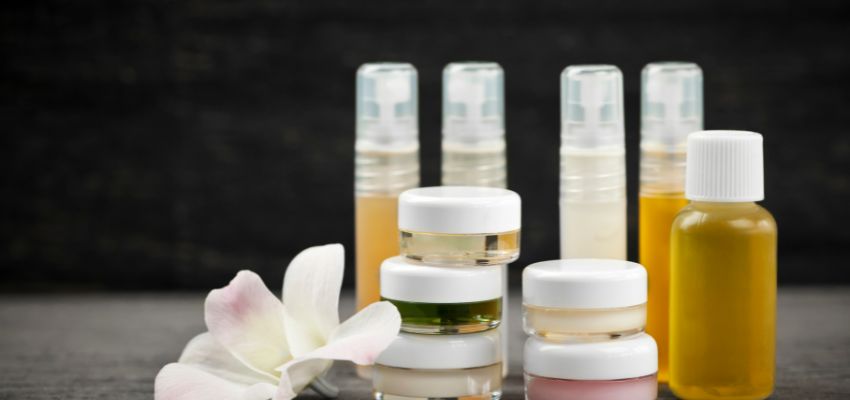
8. Using Ingredients With High Irritation Potential
Let’s talk about essential oils, cinnamon and apple cider vinegar, those strong-scented “miracle” ingredients found in many homemade skin care recipes. While popular online, these can wreak havoc on sensitive skin.
Undiluted essential oils, for instance, are incredibly potent and can cause burns or allergic reactions. Apple cider vinegar can strip the skin and disrupt its protective barrier. Spices like cinnamon and nutmeg are better left in your latte.
Always dilute strong ingredients with a carrier oil or soothing base, and never rely solely on hype. Just because it’s trending doesn’t mean it’s safe.
9. Not Understanding Shelf Life or Storage Needs
DIY skin care does not belong to your bathroom cabinet so that you may take it out after several months. Natural recipes do not usually have preservatives and restaurants which use such recipes can easily be attacked by bacteria and mold. That creamy oatmeal mask lying on the shelf? A petri dish in disguise.
In storage, place perishables and light-sensitive ingredients in amber jars, dating them accordingly. A thumb rule is in order: anything that undergoes smell, color or texture alteration, should be discarded. Listen to your skin and to your efforts and learn to know when to release.
Freshness is no more a luxury, it is a need.
10. Copying Viral Recipes Without Research
One of the most dangerous mistakes in natural skin care is blindly trusting viral trends. Just because someone with perfect lighting and smooth skin recommends a DIY lemon-and-toothpaste mask doesn’t mean it’s dermatologist-approved.
Social media is filled with well-meaning advice that lacks scientific evidence or safety considerations. What works for one skin type can destroy another. Before following a recipe, ask, “Does expert insight support it? Are the ingredients proven to be safe and effective?”
Aesthetics doesn’t equal authority. Empower yourself with knowledge before applying anything to your skin.
FAQs
What are some common skincare mistakes?
Some people use the wrong ingredients for their skin. Others scrub too hard or make too much product at once. Many don’t test their homemade skin care recipes before using them. These mistakes can cause the skin to become red, dry, or itchy.
What is the rule of 7 skincare?
The “rule of 7” means using up to 7 steps in your routine. It can include cleansing, toning, and using masks or moisturizers. For natural, homemade skin care, just a few safe, simple steps work best. Don’t do too much, being gentle is better!
What is the best homemade skin care?
The best homemade skin care products use safe, easy-to-find ingredients like honey, oats, yogurt, or aloe vera. These are gentle and work well for most skin types. Start with easy homemade skin care recipes and always test before using on your whole face.
What to avoid in skincare?
Avoid lemon juice, baking soda, and undiluted essential oils on your skin. These can cause burns or skin irritation. In face mask skin care, always skip strong or smelly ingredients like vinegar or cinnamon, they may do more harm than good.
Which product is not good for the skin?
Some products used in homemade skin care can hurt your skin. Lemon juice, baking soda, and strong oils like tea tree oil (if not mixed right) can burn or dry out your skin. These are often found in face mask skin care homemade ideas, but they are too strong. Always follow easy homemade skin care recipes and test a small spot first.
Final Thoughts
Taking care of your skin doesn’t have to be hard. Just avoid harsh ingredients, keep things clean, and always test new things first. Stick to safe, easy homemade skin care recipes with gentle, natural items like honey or aloe.
And if you ever feel unsure or want stronger results, the experts at Four Seasons Laser Center are ready to help. They offer skin treatments, facials, and laser services to make your skin glow. Remember, your skin is special, so treat it with care.
A little knowledge goes a long way to keeping it healthy and happy!
We Are A Medical Beauty Spa In Boca Raton Florida
Four Seasons Laser Center is a highly renowned med spa in Boca Raton Florida. Our state of the art equipment is run by highly trained and experienced staff so you can rest assured that you are in good hands. We offer laser hair removal services for your whole body, PDO Threads facelift, safe and effective Plasma Fibroblast skin tightening, and other advanced medical beauty services to help you look your best. Contact us now to book a free consultation.

Fact Checked By Experts
This content has been thoroughly fact-checked by our team of internal experts. For further information regarding the editorial standards we adhere to, please click here.

About The Author
Meet Rei Bayucca, your go-to writer for thought-provoking and captivating articles. With a wealth of experience across various industries, she is passionate about educating and inspiring her readers through her well-crafted content. Get ready for a refreshing take on the topics you care about.

